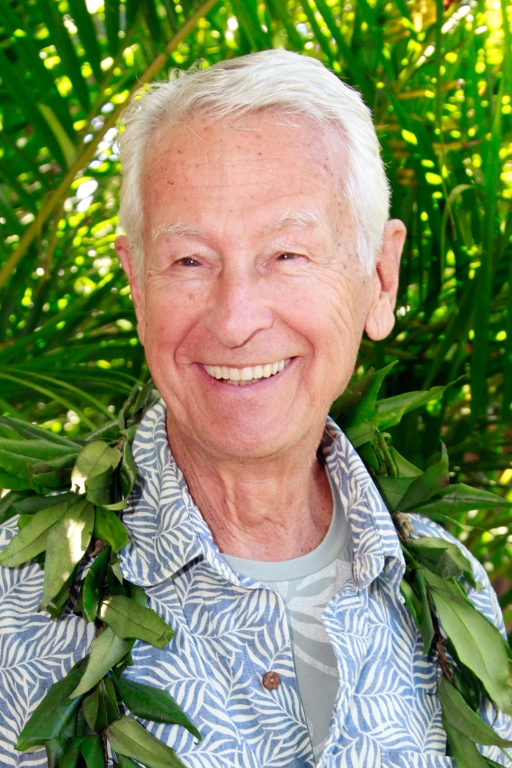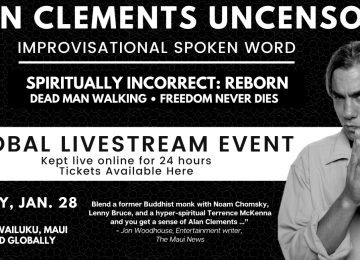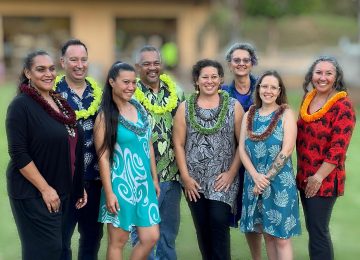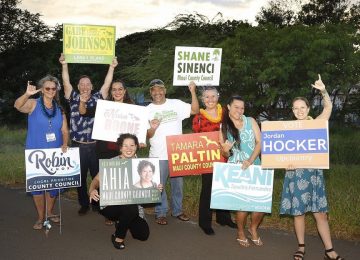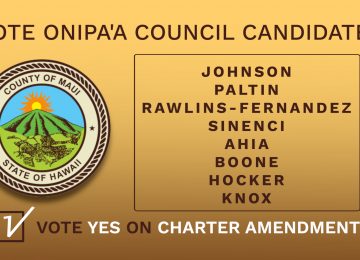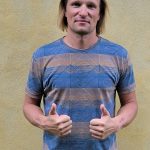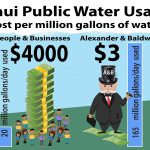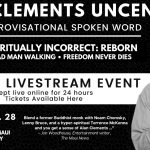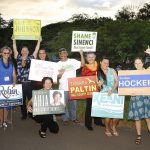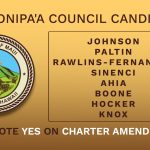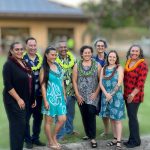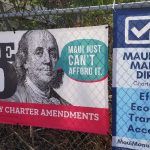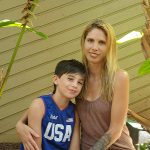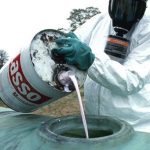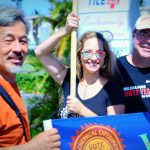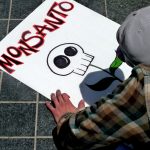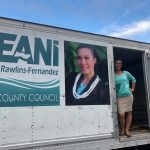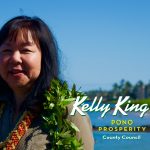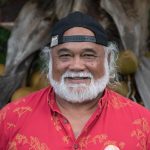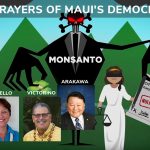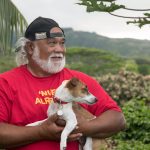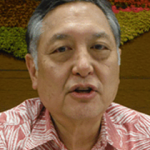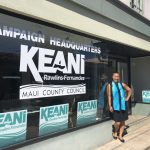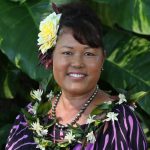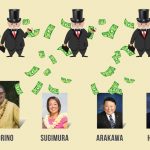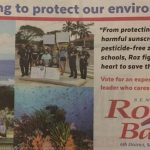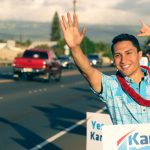Mark Sheehan, a champion for Maui’s environment and progressive causes, passed away on September 9 in Haiku at the age of 87. He had contracted glioblastoma, an aggressive form of brain cancer.
“It was pretty brave,” reports his son Michael Scott. “He knew after the diagnosis that he was facing his end, and he didn’t want to postpone the inevitable. He greeted each of his remaining days with acceptance and a little bit of wonderment. As his memories faded he forgot all the good things he had done for this island. He was pretty humble about the things he did.”
A dedicated activist, Mark was a guiding force and tireless fundraiser behind many environmental efforts, including stopping the use of highly contaminating pesticides like DBCP, and serving for many years on the board of environmental advocacy organization Maui Tomorrow Foundation.
Mark helped to preserve Big Beach at Makena as a 155 acre state park, a site where luxury condos were once planned. When a large luxury estate was proposed at Hawea Point, Maui Tomorrow teamed with West Maui citizen groups to protect the two acre area. Today Hawea Point is open for public use, fishing and recreational access.
He loved the ocean and was a familiar presence on Baldwin Beach. “The beach was one of the biggest stories of his life, not just part of the effort to save Makena’s Big Beach,” says Scott. “Most people know Mark from swimming on Baldwin Beach or doing psychocalisthenics. It was one of his big passions.”
He was a powerful force in the SHAKA movement, and their aim to educate the public on the dangers of GMOs and to curb the abuses of industrial/chemical agriculture. With lawyers from the Center for Food Safety and Maui District Health Officer Dr. Lorrin Pang, he started the SHAKA movement petition in 2014 to implement a “temporary moratorium” on the cultivation of genetically engineered crops in Maui County “until studies prove they are safe.”
The successful petition drive incurred the wrath of the agro-chemical giants, who raised around $8 million to defeat it. Mark told Hawaii News Now, “We’re up against…one of the biggest bullies of the planet. Monsanto has bullied, has filed lawsuits against 500 farmers.”
As described in The Maui Independent, the ballot initiative was approved by Maui voters, but it was overruled in federal court.
He also helped founded the Sustainable Action Fund for the Environment (SAFE), which evaluated and graded each County Council member based on a review of hundreds of hours of committee meetings. “The Grade Maui Council study showed a shocking incompetence among the majority members,” he said.
“Mark always built a coalition of people,” Scott notes. “He was a natural leader, but he didn’t want to be the sole person for anything. He wanted the strength of combined voices.”
Mark spent his earliest days in upstate New York. Educated at John Carroll University in Ohio, he earned a BSS in Social Sciences in 1957. He later earned an M.A. in English Literature from the University of Wisconsin, and a Ph.D. in Education from U.C. Berkeley. “My postdoctoral work was the study of the liberation and clarification of consciousness as it relates to personal health and the environment,” he wrote. “It was clear 40 years ago that corporations were contaminating the environment in ways that devastate public health while government agencies failed to study or control those impacts.”
He became the director of Pacific High School in Santa Cruz, California in the late 1960s when students built 17 geodesic domes. These students went on to write and publish the original “Domebook.” Mark arrived on Maui in 1973 to begin presenting Arica 40-Day Transformational trainings at Seabury Hall. He had previously attended the first three-month training in San Francisco.
“This was a turning point in my life,” he wrote in Maui Vision Magazine. “No description of the exercises we did could explain the transformation that took place in me.”
Founded by Oscar Ichazo, the Arica School offers a path toward spiritual and transcendental knowledge. At Mark’s prompting Ichazo left New York City and moved to Maui in 1983, where he lived until his death in Kihei in 2020. Mark helped run the school on Maui and held classes on the Seabury Hall campus during summer breaks.
One of the ways he advertised the trainings on Maui was by using the phrase ‘Wake Up in Hawaii.’ “It meant spiritually wake up,” says Scott. “Because Mark saw Hawaii as the place to raise people’s consciousness.”
“Oscar developed a system of enlightenment to help people overcome ego patterns that keep humanity trapped in self-delusion, perpetuating scarcity in a world of abundance,” Mark wrote in Maui Vision Magazine.
A Contributing Editor of The Maui Independnent, he wrote a number of insightful articles including – Historic Maui Ohana Victory Will Bring Public Interest Government to County. He noted in 2018: “Voters overwhelmingly rejected the long-serving, Monsanto-boosting mayor Alan Arakawa and longtime incumbent Stacy Crivello from their County Council bids, and instead elected, for the first time, a five-person majority of Maui Ohana Candidates to take the county in a new direction.”
Other Maui Independent articles included – Maui County Council’s Proposed 2018 Budget Supports Tourism, Stiffs Locals. He wrote- “The Maui County Council’s old guard talks about issues affecting residents: affordable housing and “solving the workforce housing crisis”, homelessness, water quality and visitor safety. You hear some lofty rhetoric from our tourism friendly politicians about saving taxpayers money, but next year’s proposed budget (which can be reviewed here) continues to pad the usual accounts while skimping on critical community needs.”
On Maui’s Timely Political Evolution in 2017, he noted “It would be gratifying to think that the politics of the Aloha State are conducted on a high plain, but unfortunately the history of our state was founded on lies, deception and force.”
When Hawai’i became the first state in the nation to ban the neurotoxic pesticide chlorpyrifos, a bill opposed by Monsanto, Alexander & Baldwin Co., and the Hawaii Crop Improvement Association, Mark reported: “The passage of this bill is the result of sustained action and pressure over the years. Enough people, especially from the outer islands, were willing to get on a plane and fly to Honolulu time and time again to walk the corridors and urge representatives and senators to pass this bill. Because it’s an election year people had to listen.”
In his fight to protect Maui from the negative impact of GMO crops, after it was revealed that A&B was growing GMO corn, Mark implored continued action to stand up for the island’s environment.
“The ‘aina warriors need to build and maintain a force of protectors who will constantly show up, stand up, speak up to call out the sell out of what are public resources – air, water, soil,” he said. “Because the pesticides used on crops, whether GMO or not, wind up in our soils, streams, ocean and air. We are having a huge impact and things will never roll back to the good old days of plantation haze.”
His son remembers him as a magnifier in people’s lives. “To him, everybody was equal family, and that’s remarkable.”
Mark’s legacy and his profound contributions to protecting Maui’s environment will live on for many years to come.


